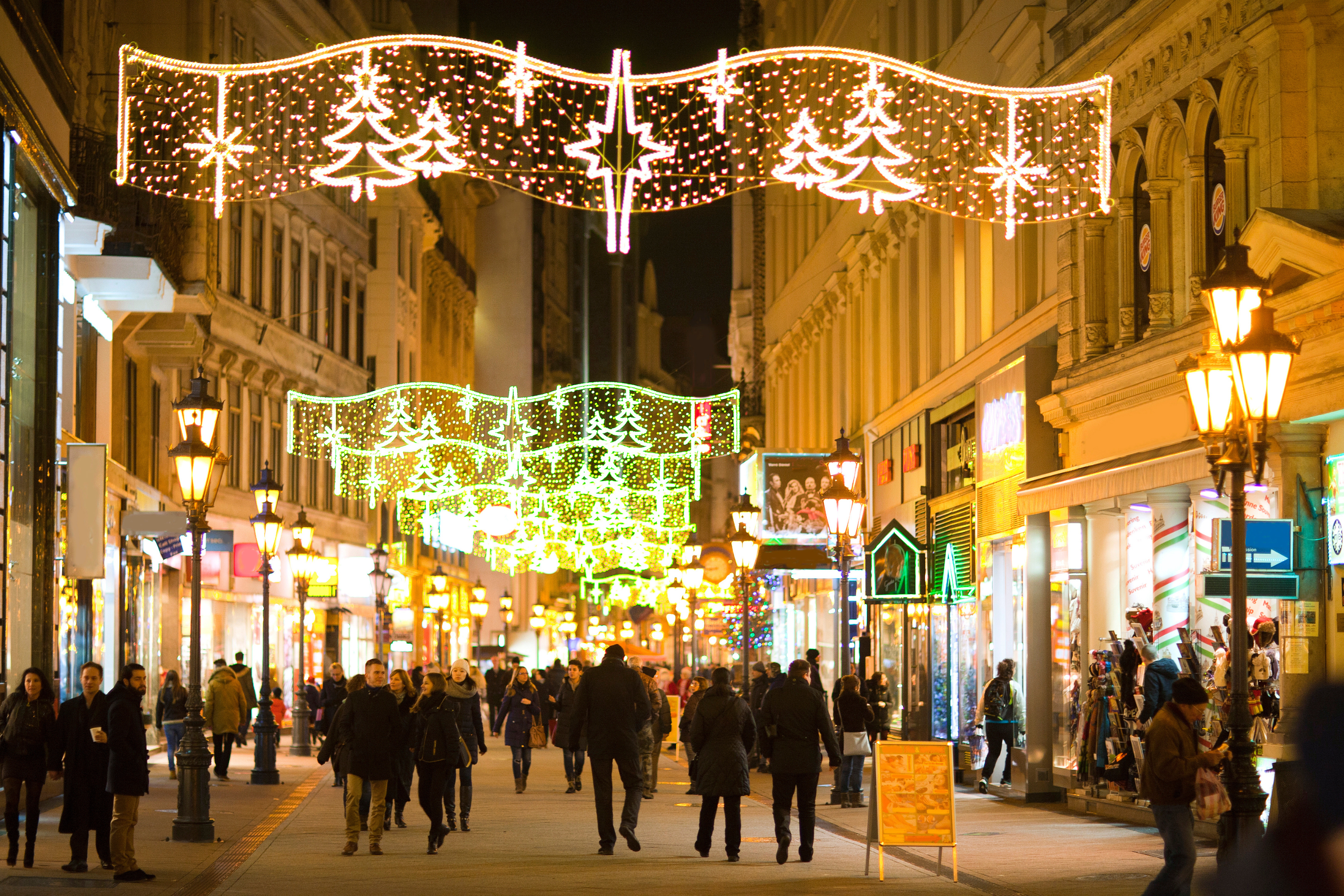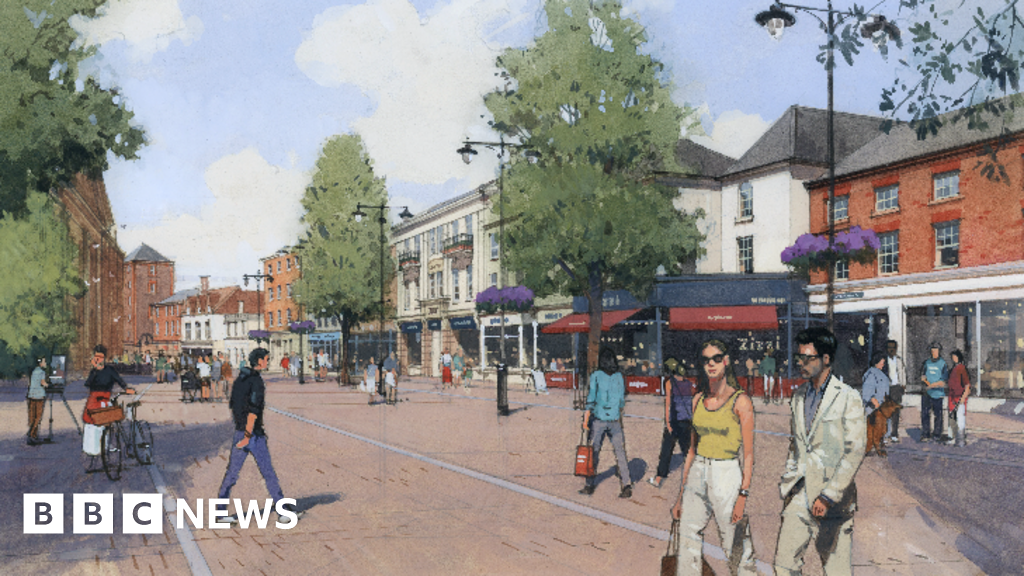Americans Are Embracing “Slow Shopping”

The way Americans shop for the holidays is changing, with a large demographic now opting for “slow shopping.”
Many of us will recognize the holiday rush for gifts, buying everything needed for loved ones in the run-up to the big day, sometimes buying more than is needed. But, according to a survey by Talker Research on behalf of Affirm, this year consumers are slowing down and taking their time.
The study of 2,000 Americans who celebrate any of the winter holidays, from Christmas to Kwanzaa and Hanukkah, found that a whopping 73 percent are taking a “slow shopping” approach this year. This means they are starting early, but not in a rush to get everything purchased at once, ensuring they are “spending money deliberately.”
Some 60 percent of respondents said they would be starting holiday shopping earlier, making more frequent, but smaller, trips to the stores, and being mindful of what they buy. However, 19 percent said they were “one and done,” going on one large shopping spree either in person or online, to get everything done in one go.
acceptfoto/Getty Images
Slow shopping doesn’t mean consumers are spending less, as 68 percent of respondents said they would be spending the same or more than they did in 2023, taking inflation into account.
According to a report from Statista, Americans expected to spend an average of more than $870 during the winter holiday season in 2023. This is on par with the average spend on back-to-school season, an average of over $890.
But the back-to-college season is the most expensive seasonal spending in the U.S., with the average spend per capita estimated at $1,366.95.
Of those embracing “slow shopping,” more than half — 53 percent — said they were doing so to ensure they don’t buy things they don’t really need or want, and 36 percent said it would help them take more time to do research into their potential buys.
More than half (51 percent) are using the trend to find more deals and promotions in the lead-up to the holidays. One in three respondents said they would complete their shopping in two or three trips, while 29 percent expected to take four-to-five trips before feeling finished with their holiday shopping.
Only 9 percent planned to get it all done in one big haul, and 6 percent planned to be extra deliberate, with 10 or more shopping trips planned.

Yaroslav Litun/Getty Images
“Every year, we see shoppers starting their holiday shopping earlier, but this time it’s different — they’re also taking their time,” said Vishal Kapoor, Affirm’s SVP of product. “Over 50 percent plan to finish their purchases on or after Black Friday.
“With just 27 days between Thanksgiving and Christmas this year, expect consumers to use this time to carefully weigh their options and hunt for the best value from retailers, including more flexible ways to pay offered via longer payment terms and unique credit offers.”
Last year, a report from Mastercard found Americans’ holiday spending between November 1 and December 24 was up 3.1 percent from 2022, with consumers noted at the time to have spent money in a “deliberate manner.”
Talker Research surveyed 2,000 Americans who celebrate a winter holiday; the survey was commissioned by Affirm and administered and conducted online by Talker Research between Sept. 30 and Oct. 2, 2024.
Do you have funny and adorable videos or pictures you want to share? Send them to life@newsweek.com with some extra details, and they could appear on our website.
Related
New plans for Newbury Kennet Centre redevelopment
Patrick O'HaganBBC Berkshire Political ReporterLochailort Investments LtdThose behind the plans say they want to look at the development as a conservation schem
Can Whatnot bring live shopping to the West?
“We very much focus on categories that have communities built around them. You’re purchasing because it’s fun and it’s a product you love, versus a low-
Valley Fair shopping center celebrates Lunar New Year with floral…
Prepare yourself to be amazed by the floral artistry on display to celebrate Lunar New Year this week at Westfield Valley Fair.Bay Area designers created 16 man
Developer speaks out about proposed ‘Promenade Park’ project near shopping…
U. SAUCON TWP., Pa. - "So, t












